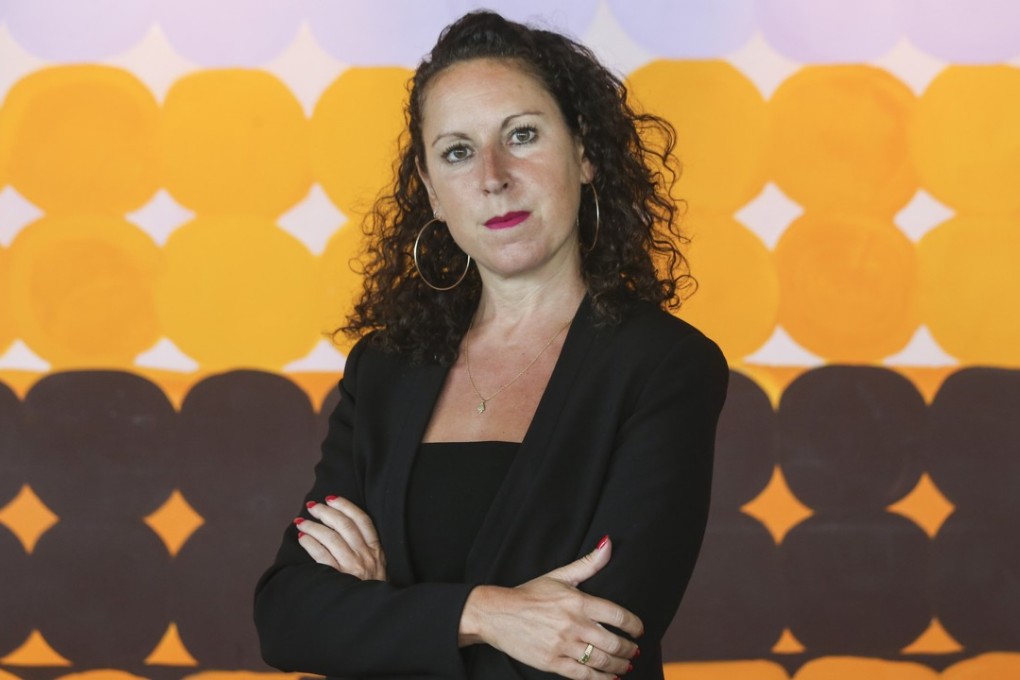Hong Kong’s prisoners deserve an education too, says pioneering American professor
Distance learning is not good enough, according to Baz Dreisinger, who wants society to invest in ‘in person’ schooling for inmates

Baz Dreisinger is on a mission to ensure the world’s prisoners get an education.
The 40-year-old American professor, who advocates for penal reform internationally, believes everyone deserves a second chance and that access to education is a human right.
This week she met representatives from the Hong Kong Correctional Services Department to discuss how they can better prepare inmates for life after prison, while further reducing recidivism rates.
As part of her three-day visit she was given a tour of the all-female prison in Lo Wu, where she was told about the “A Taste of University” lectures offered to prisoners by academics from City University.
“I can see there is a commitment to education in Hong Kong,” she said. “I was told about how one inmate was able to obtain a masters.